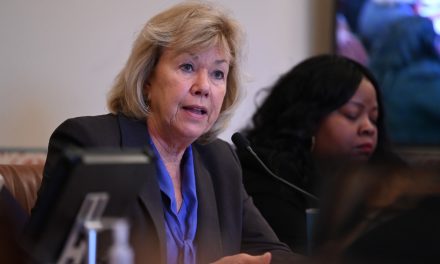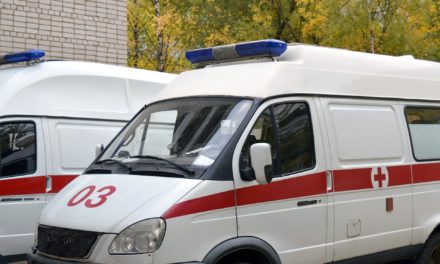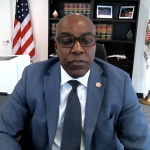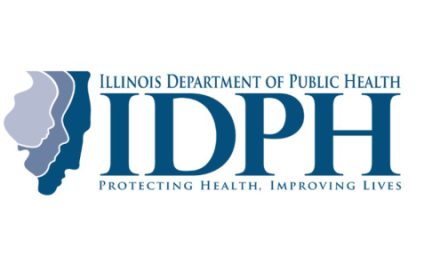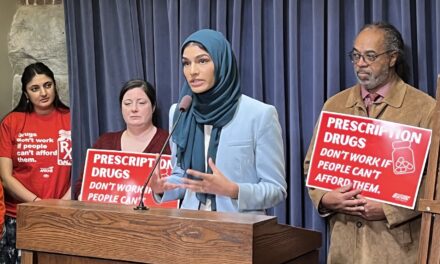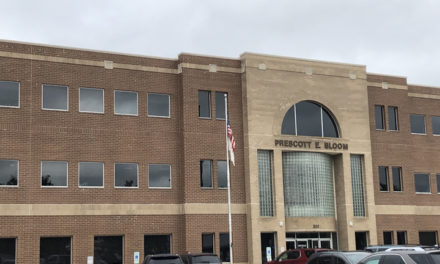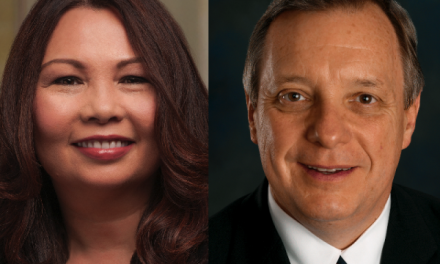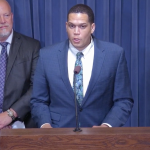
Welch discusses healthcare inequities in wake of COVID-19 pandemic, mass protests
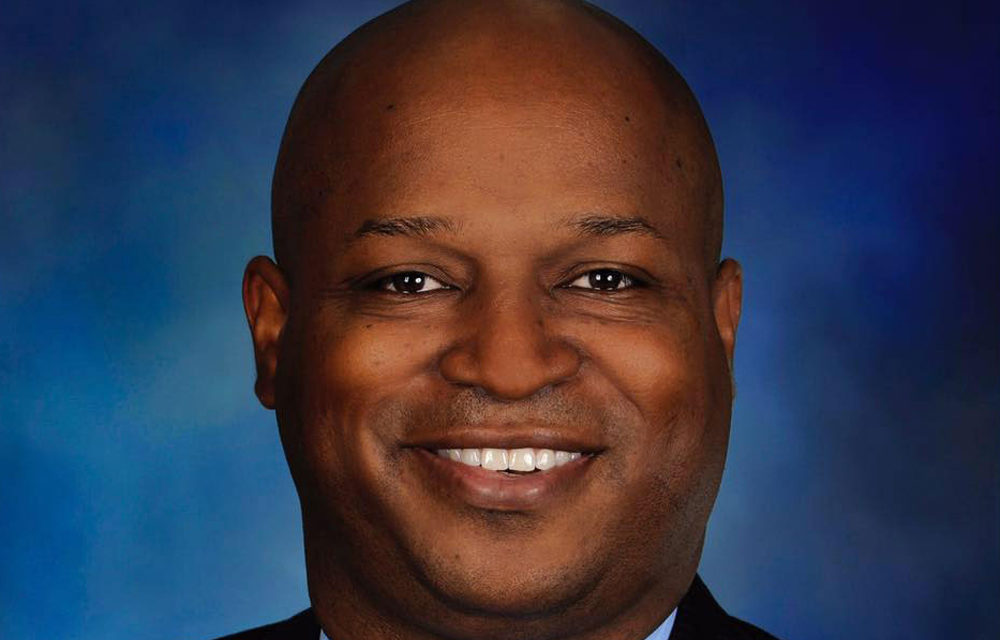
As protests continue around the country in the wake of the killing of George Floyd, long-standing healthcare disparities remain a major issue, said Rep. Emmanuel “Chris” Welch, D-Hillside.
Welch spoke Wednesday afternoon with Health News Illinois about what more lawmakers can do and how healthcare transformation can support services in underserved communities.
Read more below.
HNI: At the root of these protests over the killing of George Floyd and others is the systemic racism that has plagued our society for generations. Meanwhile, there is a growing awareness that racism is a public health issue. How important is this awareness and what more can be done?
EW: Well, I think it’s extremely important that the awareness is about two factors because they go hand in hand, they can’t be separated. We have to address institutional racism and we have to address poverty. Without addressing both, you’re going to continue to have history repeat itself. And we’re seeing that right now. With all the protests and aftermath of the George Floyd murder. It’s very similar to what was going on during the tumultuous 60s.
HNI: What can policymakers do to address healthcare inequities?
EW: Firstly, what we have to do, and we must do to get this right, is listen to those that are out there protesting and marching. Listen to them carefully. Folks are quick to talk and give their ideas, but I think it’s extremely important to listen first and foremost. Dr. Martin Luther King said that riots are the voices of the unheard. So if we all sit in here with these ideas, we’re getting this wrong. I have my ideas and I’m going back and forth with other black elected officials to put our agenda together. And I think addressing institutional racism starts with addressing the institutional racism within law enforcement. We have to have real police reform, real police accountability measures implemented real soon. Not in the distant future, in the near future. As a result of what we saw play out in Minneapolis. And certainly, we have to address the economic factors.
HNI: During those conversations that you’re having at the state level among lawmakers, are there any specifics that have been discussed, specifically relating to addressing healthcare inequities?
EW: Absolutely. One of the things that the COVID-19 pandemic did was it shined a light on what we already knew existed. And these healthcare inequities really came to light during COVID-19 with large numbers of black and brown people dying. And that’s happening because of the lack of healthcare in our communities. Whenever there’s cuts, the first place they cut is in poor communities like they did in my community when Westlake Hospital closed. They don’t do that in wealthier communities, and so we have to immediately address healthcare inequities in our community. It starts with contact dollars the governor’s going to be putting out. He’s going to be spending millions of dollars on contact tracing. And the black community is asking for at least 60 percent of those dollars to be spent in our community because of the large number of people impacted by COVID-19. Secondly, these alternate site hospitals that he invested millions of dollars in and never got used as COVID-19 hospitals. We need to repurpose those and get them back open as healthcare centers in communities. Westlake Hospital, again, is one of those hospitals that we need to focus on and get it back open so that we can provide critical healthcare that was lost in our community a year ago.
HNI: Is this an issue you think can be addressed as part of the larger conversation about a possible special session?
EW: Well, I think we’ve already dealt with it in a small part in the session that ended in May. There was $1.8 billion in federal stimulus aid allocated in the budget. That is a good start and can go a long way. Half a billion of that was in long-term care facilities and nursing homes that have been extremely hard hit. Healthcare is not just hospitals. We’ve got to look at it on so many levels. We also allocated $30 million dollars for mental health counseling and substance abuse disorders as a part of that coronavirus aid package. So the governor is going to have immediate monies available that he can disperse into the black and brown communities. And that’s on top of the contact tracing dollars that I mentioned. So that’s extremely important.
HNI: Conversations are supposed to take place this summer about how the state distributes millions of dollars for hospital and healthcare transformation. What do you hope to see in that to help facilities that operate in these underserved communities?
EW: I certainly think that the transformation process presents an opportunity. I think, yet again, that’s an opportunity for the governor to address a lot of the demands that African American lawmakers are making with regard to investment in our communities… The language that we put in the bill specifically allows transformation dollars to be used on previously closed hospitals. So there are lots of opportunities, particularly in my district, to reopen Westlake. In the south suburban area, we can reopen Metrosouth (Medical Center) permanently. In Elgin, we can reopen Sherman Advocate. And hopefully Vibra in Springfield. We shouldn’t be in the business of closing hospitals, we should be in the business of looking for opportunities … they may not be the same exact hospital they used to be, but that they’re still providing some type of quality healthcare.
HNI: What more can health systems and others do to address health inequities. What is their role in this?
EW: So I think health systems are extremely critical. And they have to get beyond the walls of their buildings and actually get out into their communities. For instance, recently one of the hospitals in the area reached out and said, ‘Hey, we have COVID-19 testing and folks aren’t taking advantage of it.’ Well, part of that is because they can’t get to you with restrictions in place. Folks are afraid to get on trains and buses and things of that nature. They don’t have money to pay for cabs and rideshares. So you got to get out into the community. And I think healthcare needs to be delivered in a different way. The buildings are extremely critical, but we also have to have the health systems getting out into the communities more. They have to take advantage of this telehealth money that we put into the budget. A lot of money went into telehealth resources, and that’s another way that they can make themselves available to their communities. They have to think outside the box, and by doing that, they’re going to be able to access a large pool of people that are not touching.
HNI: What about the current situation gives you hope?
EW: What really gives me hope is that young people are vastly engaged. They’re energized, they’re amped up, they’re lit. They’re really turning their anger into something positive and I hope that young people continue to stay engaged in this process, because it’s their energy that we’re going to use to effectuate this change.
This article first appeared in the Health News Illinois daily email newsletter. Sign up for a free trial here.

